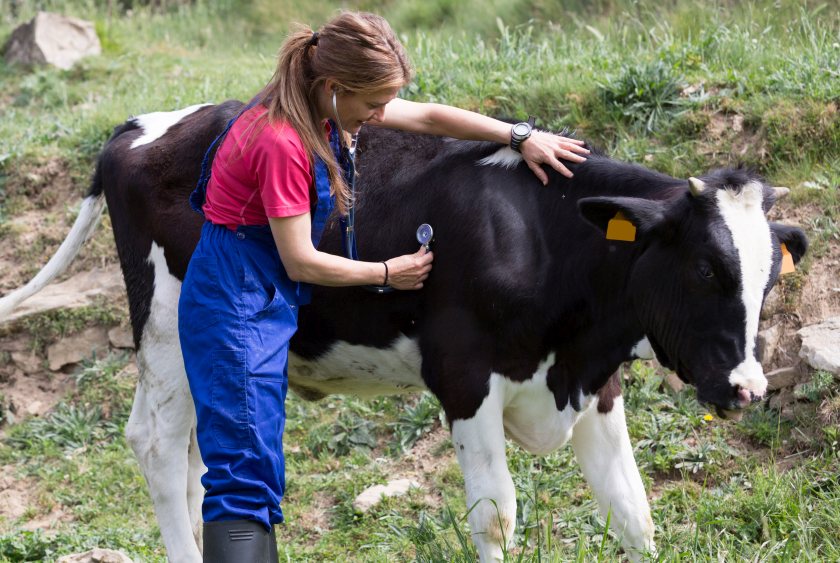
A new white paper has issued a stark warning to the UK veterinary sector: nearly half of vets are considering quitting, with 75% having taken time off due to work-related mental health struggles.
The report, released by animal health specialist Zoetis, calls for urgent, long-term reform to address the growing retention crisis in UK veterinary medicine.
As demand for veterinary services continues to grow—driven by rising pet ownership, food safety requirements in livestock, and the threat of new zoonotic diseases—the workforce is under increasing strain.
The firm's research shows that nearly half (48%) of UK vets have thought about leaving the profession, even as global demand for veterinary care rises.
And most (78%) UK vets say they believe that systemic change is urgently needed to secure the profession’s future.
Despite the scale of the mental health toll, the findings suggest the issue stems not from inherent flaws in veterinary professionals’ resilience, but from the structural, cultural and economic pressures within the working environment.
Dr Stephanie Armstrong, veterinarian and regional president at Zoetis, said: “Addressing retention in the veterinary field requires looking beyond individual well-being to systemic factors.
"By fostering better work environments and providing support, we can help ensure that veterinarians continue to provide vital services to our communities.”
The British Veterinary Association (BVA) has also echoed concerns over retention, highlighting the need to improve workplace culture.
Dr Rob Williams, junior vice president of the BVA, said: “Whilst external factors are at play, data from BVA’s Voice of the Veterinary Profession survey show that workplace culture is a major contributing factor.”
The white paper outlines three critical areas for reform to address the challenges facing the veterinary profession.
Firstly, Zoetis calls for reimagining veterinary practice by introducing more flexible working models, including smarter shift patterns, greater use of technology to ease workloads, and expanded roles for veterinary nurses.
Secondly, the firm highlights the need to adapt to modern client demands. As client expectations rise, veterinarians face increasing pressure to provide both high-quality care and excellent customer service.
To address this, the report recommends improved communication training, the adoption of better digital tools, and increased support for vets managing emotionally challenging interactions.
Finally, Zoetis emphasises the importance of broadening the professional pipeline. Currently, the veterinary workforce is predominantly 96% white, 29% privately educated, and largely female.
To ensure the profession’s long-term sustainability, the white paper says it is crucial to diversify recruitment and expand access to veterinary careers.
